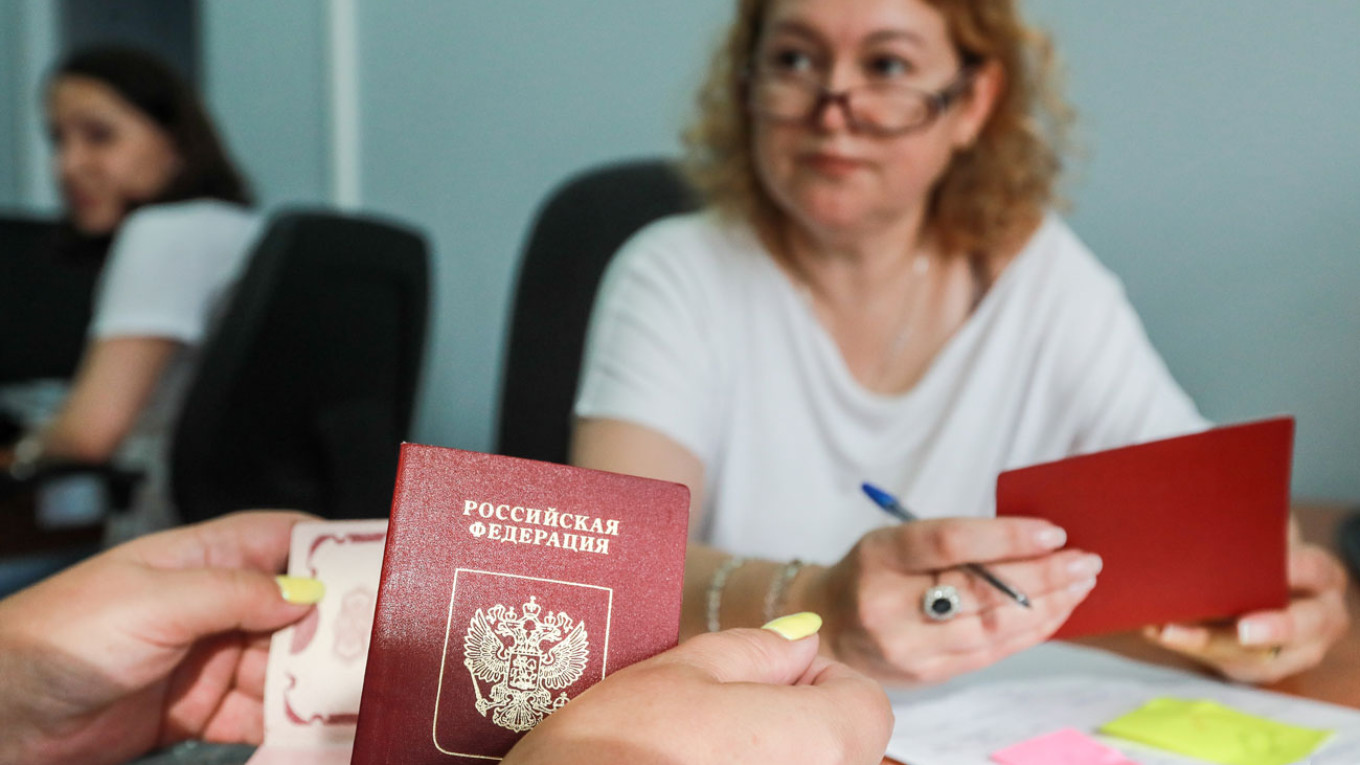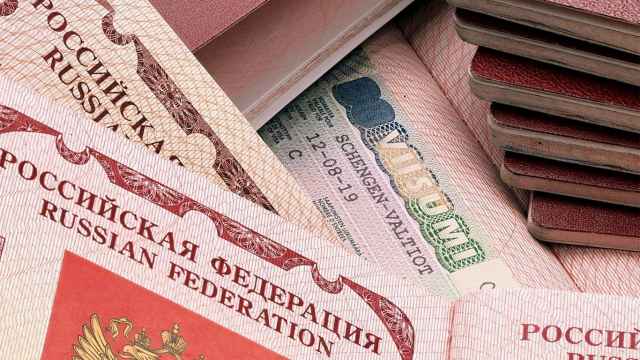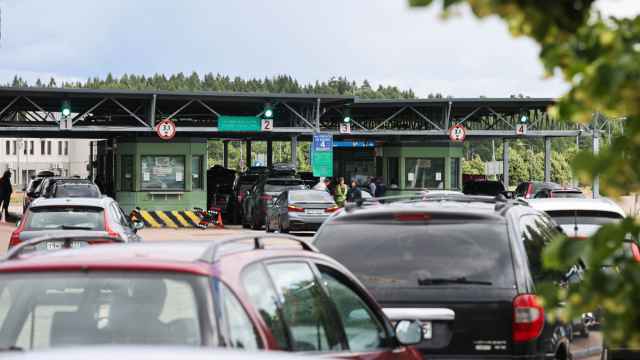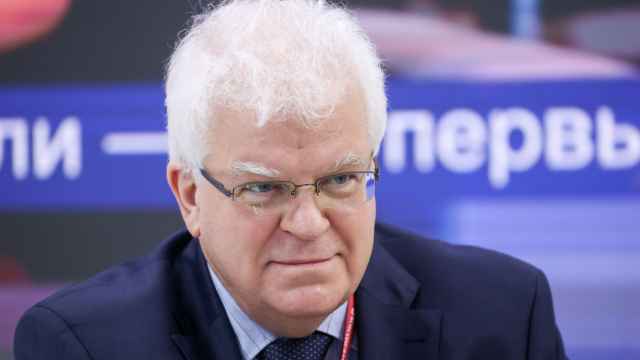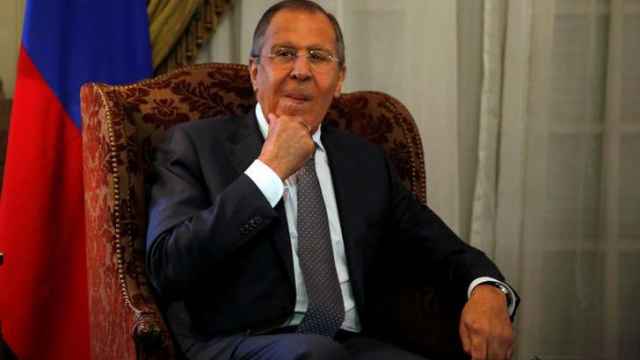Poland and the three Baltic states said Thursday they would temporarily restrict access for Russian citizens holding EU visas by Sept. 19 to address "public policy and security threats."
The prime ministers of Estonia, Latvia, Lithuania and Poland said in a statement they were concerned "about the substantial and growing influx of Russian citizens" into the EU.
"We believe that this is becoming a serious threat to our public security and to the overall shared Schengen area," they said.
The statement said the four "agreed on a common regional approach and hereby express their political will and firm intention to introduce national temporary measures for Russian citizens holding visas."
The measures would "restrict the entry into the Schengen area for Russian citizens traveling for tourism, culture, sport and business purposes."
Exceptions will be made for various categories, including "dissidents," "humanitarian cases," family members and holders of residence permits in EU countries.
"We fully uphold the need to continue to support opponents of the Putin regime and provide them with opportunities to leave Russia," the four leaders said.
But they added that it was "unacceptable that citizens of the aggressor-state are able to freely travel in the EU, whilst at the same time people in Ukraine are being tortured and murdered."
The prime ministers said they would "continue to seek a common approach on the EU level."
EU foreign ministers meeting in Prague last month agreed to suspend a 2007 visa facilitation deal with Russia, stopping short of a wider visa ban.
But EU foreign policy chief Josep Borrell said that countries bordering Russia could "take measures at a national level to restrict entry into the European Union."
He emphasized, however, that any measures would have to conform with rules for the EU's Schengen common travel zone and members of Russian civil society should continue to be able to travel to the EU.
A Message from The Moscow Times:
Dear readers,
We are facing unprecedented challenges. Russia's Prosecutor General's Office has designated The Moscow Times as an "undesirable" organization, criminalizing our work and putting our staff at risk of prosecution. This follows our earlier unjust labeling as a "foreign agent."
These actions are direct attempts to silence independent journalism in Russia. The authorities claim our work "discredits the decisions of the Russian leadership." We see things differently: we strive to provide accurate, unbiased reporting on Russia.
We, the journalists of The Moscow Times, refuse to be silenced. But to continue our work, we need your help.
Your support, no matter how small, makes a world of difference. If you can, please support us monthly starting from just $2. It's quick to set up, and every contribution makes a significant impact.
By supporting The Moscow Times, you're defending open, independent journalism in the face of repression. Thank you for standing with us.
Remind me later.


